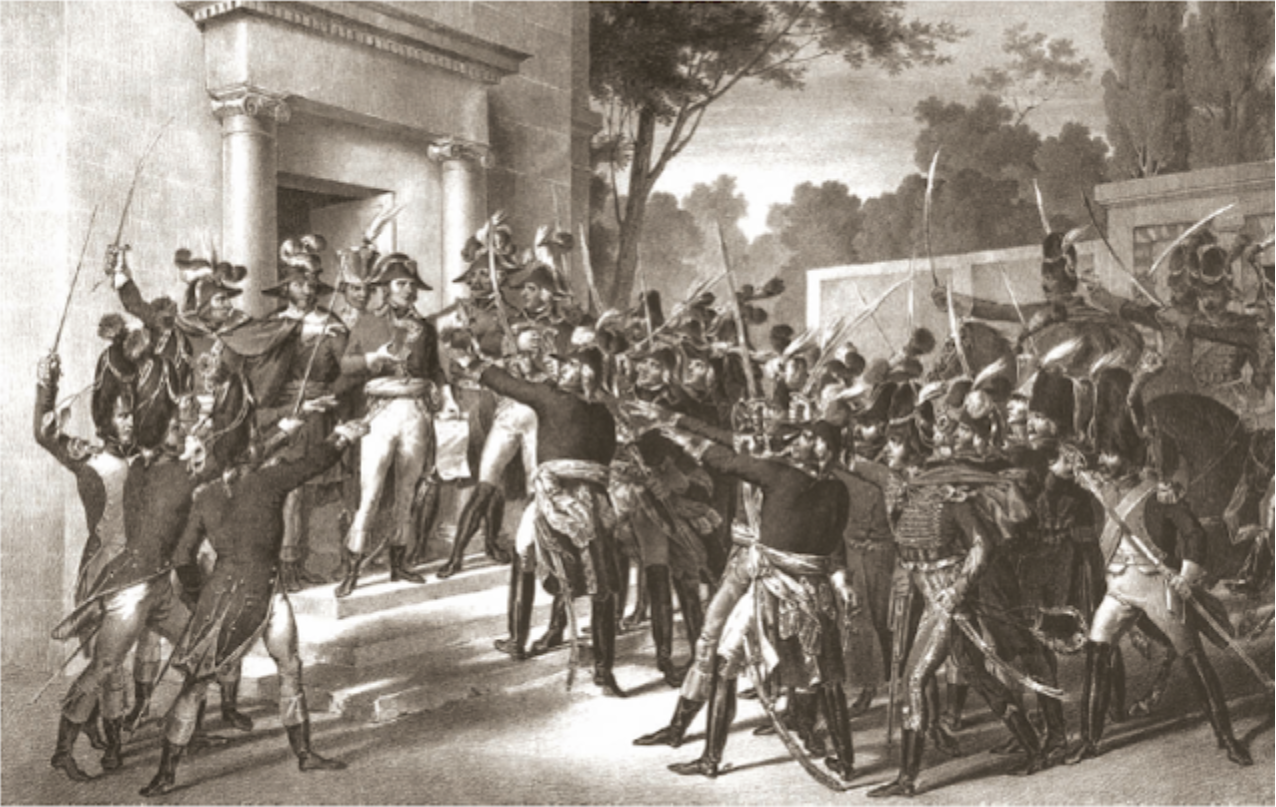Chileans overwhelmingly rejected the draft constitution proposed by the Constitutional Convention In the recent referendum. The result is not only a defeat for the Convention, but also for Gabriel Boric. While the government tried to maintain its neutrality and ensure a fair process, Boric and many of his supporters emerged as a political force through the student movements from the 2011 protests to the social outburst of October 18, 2019, and demanded a new constitution. This effort was supported by almost 80% of Chileans in the 2020 referendum and by Boric himself in his presidential campaign. Thus, how can we explain the disjunction between the great support in favor of a new Constitution two years ago and the broad rejection of the proposed Constitution this year?
Beyond the criticisms of the new constitution or the process leading up to the referendum (perhaps the constitution was too maximalist or did not connect well with the real priorities of the people), an argument has arisen in some sectors of the left that points to the ignorance of the Chilean people as the reason for this disjunction. The idea is that many citizens supposedly voted against their own interests, especially as a result of sophisticated propaganda through social networks. According to this theory, people were manipulated with a lot of disinformation and “fake news” and ended up rejecting a constitution that would have favored them.
It is possible to recognize the sophistication of the rejection campaign, as well as the possible mistakes of the approval campaign, which some tried to raise the alarm about from the beginning. But as an all-encompassing explanation, the ignorance or manipulation of the Chilean people is simply not convincing, why talk about ignorance now and not after the 2020 referendum when almost 80% approved the constituent process, or in the election that brought Boric to power? In both cases there was also “fake news,” but at those junctures they talked about a transparent, democratic process.
Apart from the possible inconsistencies of this explanation, this type of argument has a long history in the thinking of the left, especially the Marxist left. In one of his masterpieces, “The 18th Brumaire of Louis Bonaparte,” Karl Marx analyzes a process that is comparable to what just occurred in Chile, and to what happened between 1970 and 1973 in Chile.
In France, the revolution of 1848 put an end to a liberal regime led by the bourgeoisie and opened a period of great revolutionary ideals and acute political conflict. But those ideals collapsed in 1851 with the coup d’état of Louis Bonaparte, who was the Trump, Bolsonaro, or Pinochet of his time. Bonaparte was a political “outsider” who came to power supported not only by the bourgeoisie, but also by a large majority of the French people, especially the peasants and parts of the proletariat. How can we explain this resounding failure only three years after the revolution?
Part of the explanation offered by Marx in one of his most successful and famous arguments is that when the bourgeoisie cannot have all the power, it is willing to sacrifice its political power (it gives it to an “outsider” like Louis Bonaparte) in exchange for maintaining its economic power. That argument also explains much of what happened in Chile in 1973 through the military coup that allowed the bourgeoisie to maintain and consolidate its economic power, in that case supporting the military dictatorship of Pinochet, another political “outsider.”
But it is one thing to explain why the bourgeoisie supported Louis Bonaparte and another why the most exploited classes, the peasants, and part of the proletariat, did so. Here Marx raises another argument that is much more problematic. Without going into the complexities of French politics and the harsh class struggle Marx analyzes, part of the explanation he offers is that the “class consciousness” of the proletariat, the ideal revolutionary class, was still insufficiently developed.
Instead of understanding their “true” class interests, Marx posits that much of the proletariat suffered from a “false consciousness.” It had not yet arrived at what its position in the system of production would suggest is its true class consciousness. And, worse still, nothing could be expected from the most numerous, impoverished, and exploited class; that is, the peasants, whose place in the mode of production does not even allow them to develop a possible class consciousness. For massively supporting Louis Bonaparte against their supposed class interests, Marx refers to them as “sacks of potatoes,” a mass that can be bought cheaply.
One can sense in these lines a contempt for the mass of the people who refuse to behave, as Marx determines, according to his ideology. It is a sophisticated way of saying that the people are ignorant and can be easily manipulated. This gap between how the people are supposed to act (in favor of their supposed interests), and how they actually act has historically caused great political frustrations to the Left.
It is a frustration that predates Marx, and he alludes to how it is repeated throughout history in his work. Louis Bonaparte’s coup d’état in 1851 is comparable to his uncle Napoleon Bonaparte’s earlier coup on 18 Brumaire, (November 9) 1799, which overthrew the maximalist ideals of the French Revolution of 1789. The first time, as a tragedy, and the second, as a farce, according to one of the most famous phrases of the book, through which Marx alludes to his teacher, Hegel.
That gap has been part of many blunders of the Left since then, even in its more centrist versions as in Hillary Clinton’s derogatory expression in 2016 when referring to Donald Trump’s voters as “deplorables.” They are the 21st century “potato sacks” who did not grant him victory in key states and caused him to lose the election. And they are the same ones who in 2016 voted in the United Kingdom in favor of the “Brexit” to leave the European Union, and against what the urban elite was telling them.
The victory of rejection is the Chilean “Brexit.” But if Brexit can be understood as a rebellion against neoliberal integration, the results of the referendum in Chile are a counter-rebellion against the original rebellion of 2019. The disconnect between the ideals and the result of the plebiscite is one of the great lessons of the failure of the constitutional project. Contrary to all predictions and what the progressive Left was asking of them, the poorest sectors voted massively for rejecting the constitution.
It is ironic that a few days later, at the commemorations of the victims of the dictatorship that came to power through the coup d’état of September 11, 1973, the usual chants of “the people united will never be defeated” were heard. The beating in the referendum should lead to a serious reflection within the left. In order not to keep repeating history, we should begin to understand the people as they are, instead of insisting on seeing them as we would like them to be with derogatory and unconvincing explanations when they do not go along with what political ideology presupposes.
Translated from Spanish by Alek Langford











